Sharm El-Sheikh, Oct 7 (V7N) — As ceasefire negotiations over the Gaza conflict continue in Egypt’s Red Sea resort city of Sharm El-Sheikh, one name has taken center stage — Khalil al-Hayya, the senior Hamas leader now leading his group’s delegation in talks over U.S. President Donald Trump’s proposed 20-point peace plan.
The 64-year-old al-Hayya, a veteran political figure within Hamas, has long served as the movement’s chief negotiator and liaison with international mediators. Since the war erupted on October 7, 2023, following Hamas’s surprise assault on Israel, al-Hayya has been at the heart of efforts to broker a truce amid the massive Israeli military response that devastated much of Gaza.
Born in Gaza, al-Hayya began his political career in the early 1980s as a member of the Muslim Brotherhood — the organization from which Hamas emerged in 1987. He quickly rose through the ranks to become one of its founding leaders. Over the decades, he was detained several times by Israeli forces but remained a prominent voice in Hamas’s political leadership.
His personal life bears the scars of Gaza’s repeated wars. In 2007, an Israeli airstrike on his home in Gaza City’s Shuja’iyya neighborhood killed multiple family members. In 2008, his son Hamza was killed, and during the 2014 Gaza war, his eldest son Osama, along with Osama’s wife and three children, also died in Israeli bombings. The ongoing conflict has claimed yet another of his sons, underscoring the profound personal cost he has endured.
Despite these tragedies, al-Hayya has maintained a steady leadership role within Hamas. Following the deaths of top leaders — including Ismail Haniyeh in Iran and Yahya Sinwar in Gaza — al-Hayya is now regarded as one of the movement’s most powerful figures, shaping its strategy and international outreach.
Currently based in Qatar, he is part of Hamas’s five-member exiled leadership council. He is known for his close ties with Iran, which remains one of Hamas’s key sources of funding and weaponry. Al-Hayya also played a crucial role in the 2014 ceasefire negotiations that temporarily halted that year’s devastating conflict.
In September, when an Israeli airstrike targeted a Hamas meeting in Qatar, al-Hayya narrowly escaped death — an attack that killed six people but spared top leadership. Having survived that attempt, he now represents Hamas in direct negotiations with U.S., Israeli, and Egyptian mediators on Trump’s 20-point ceasefire framework.
Political analysts note that Khalil al-Hayya has emerged as more than just a Hamas negotiator — he now symbolizes the broader Palestinian resistance movement. His role in shaping Gaza’s political future and influencing Middle Eastern geopolitics has become increasingly pivotal as the region seeks a fragile path toward peace.



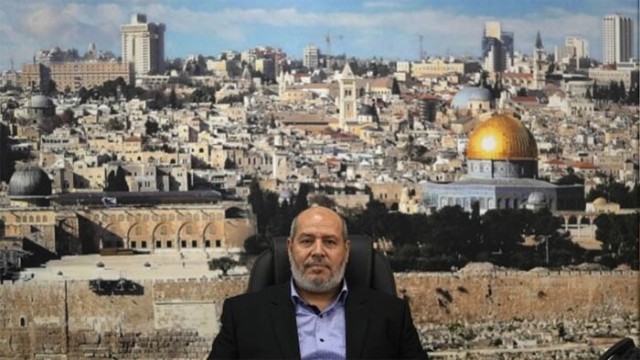
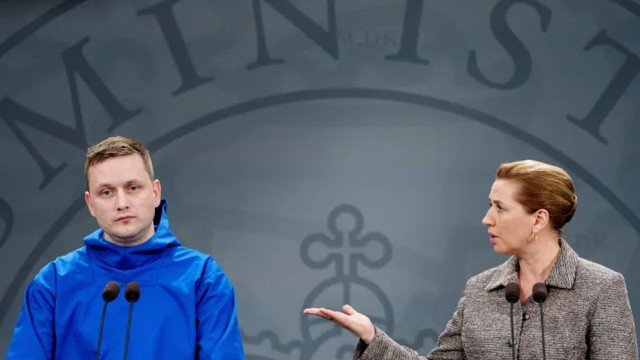
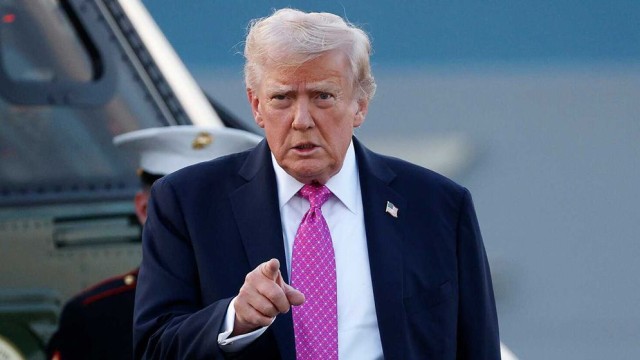
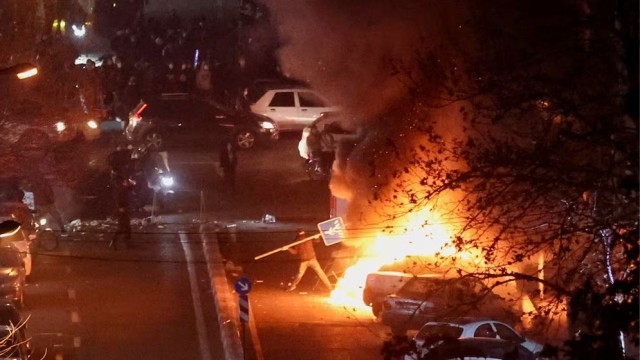



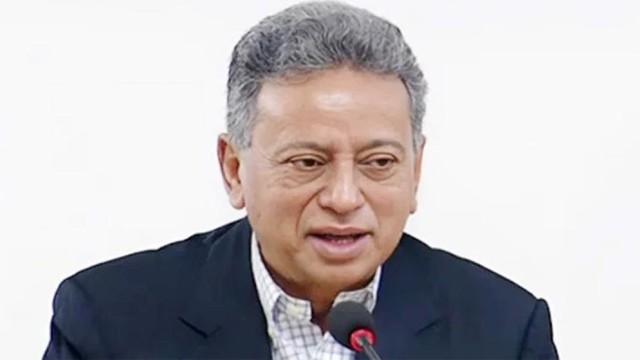





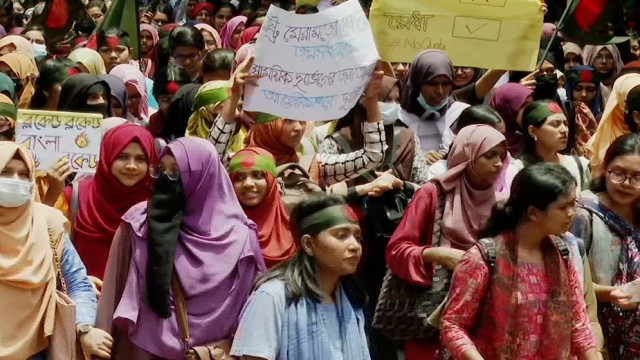
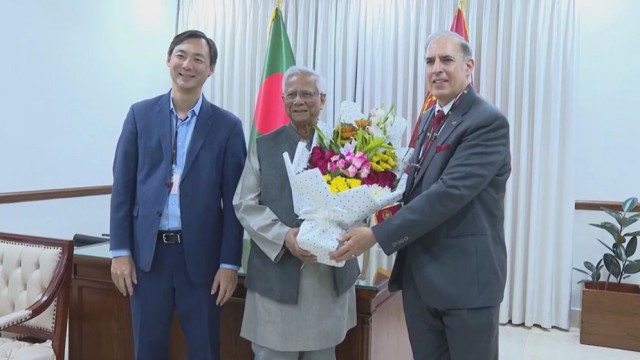
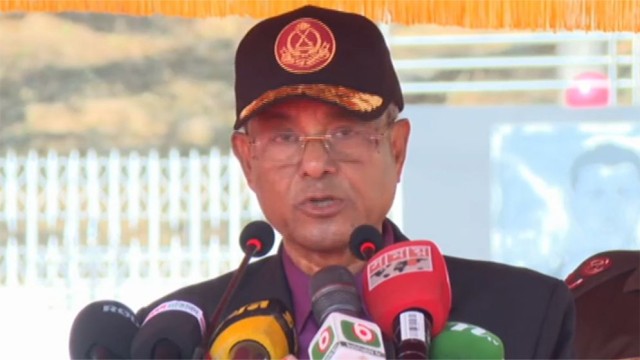


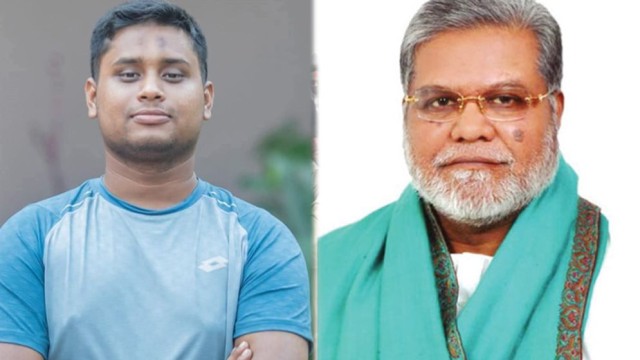
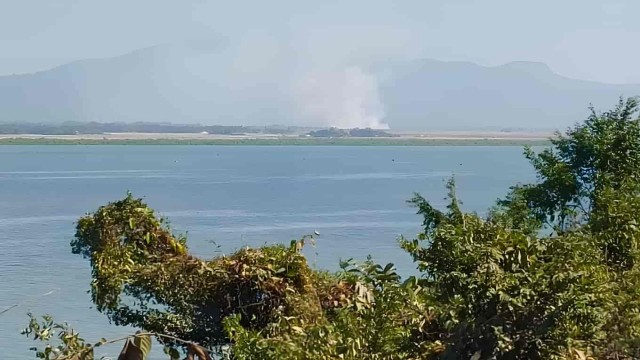


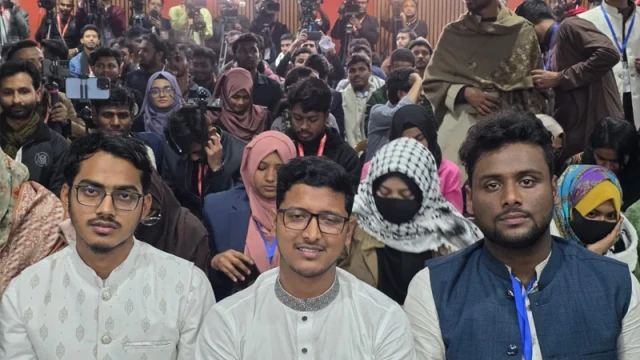

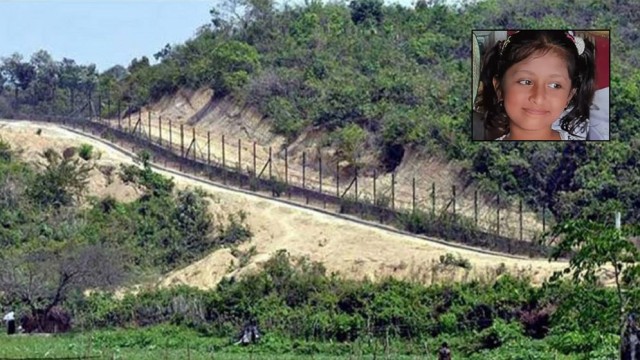
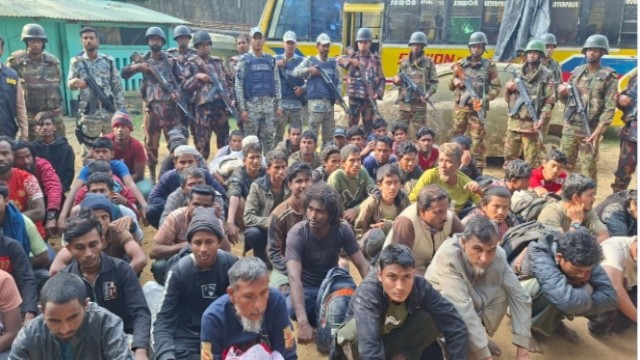
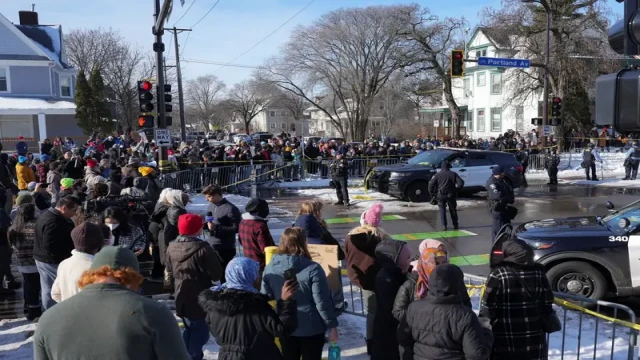
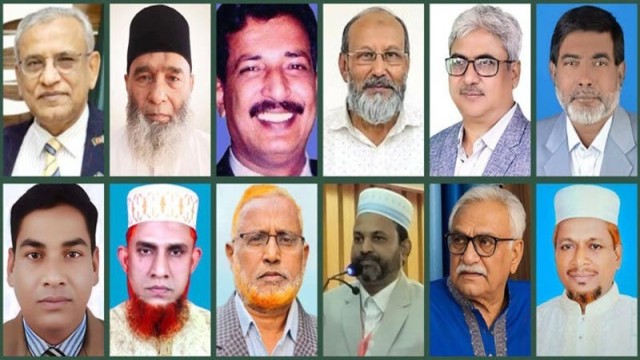
Comment: